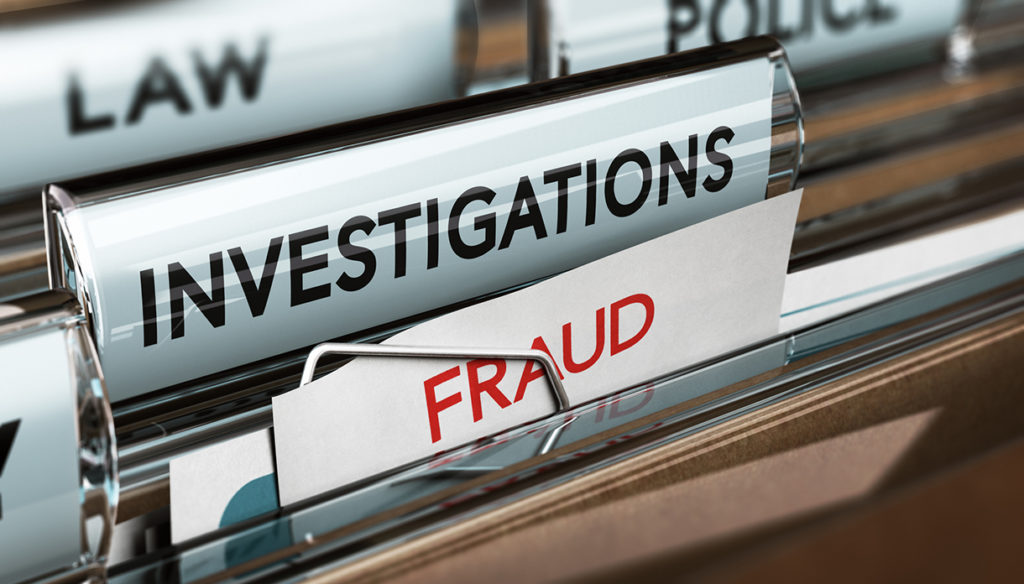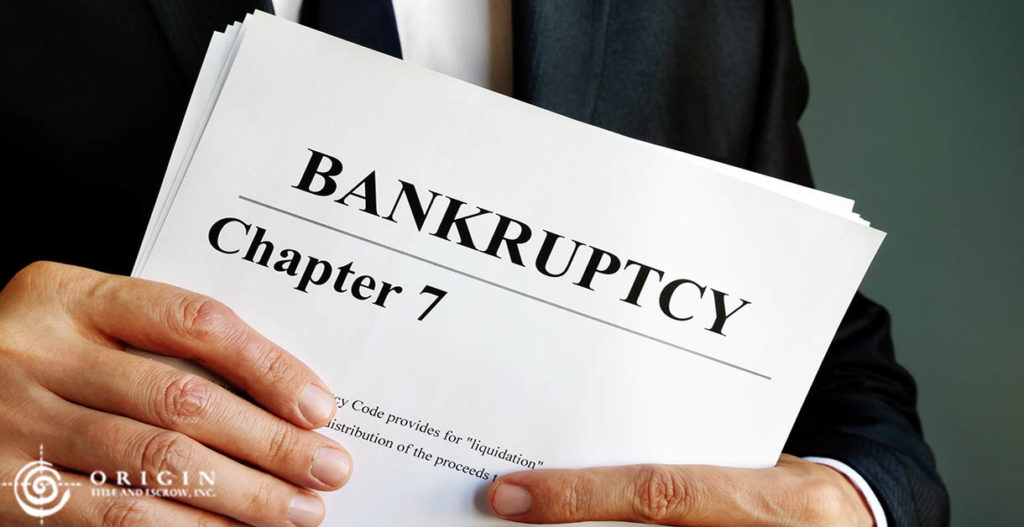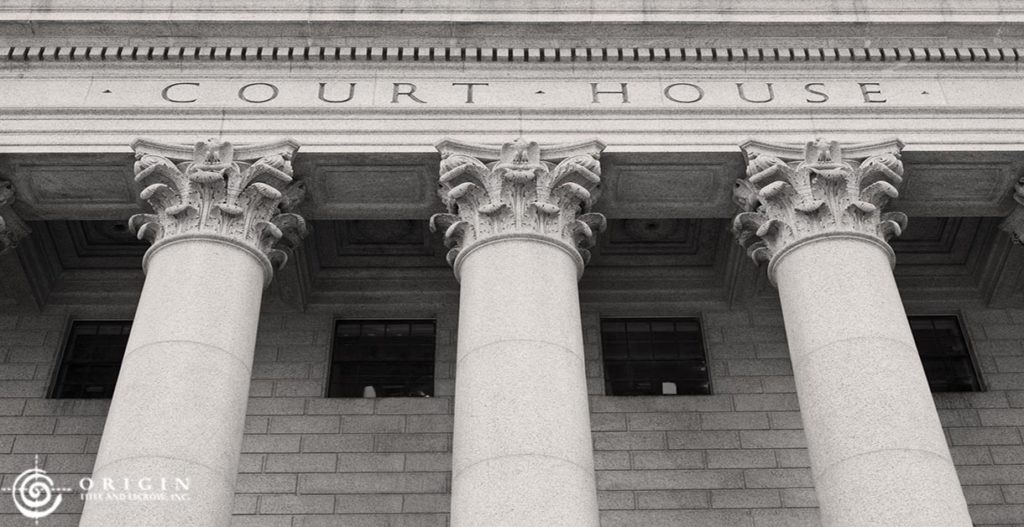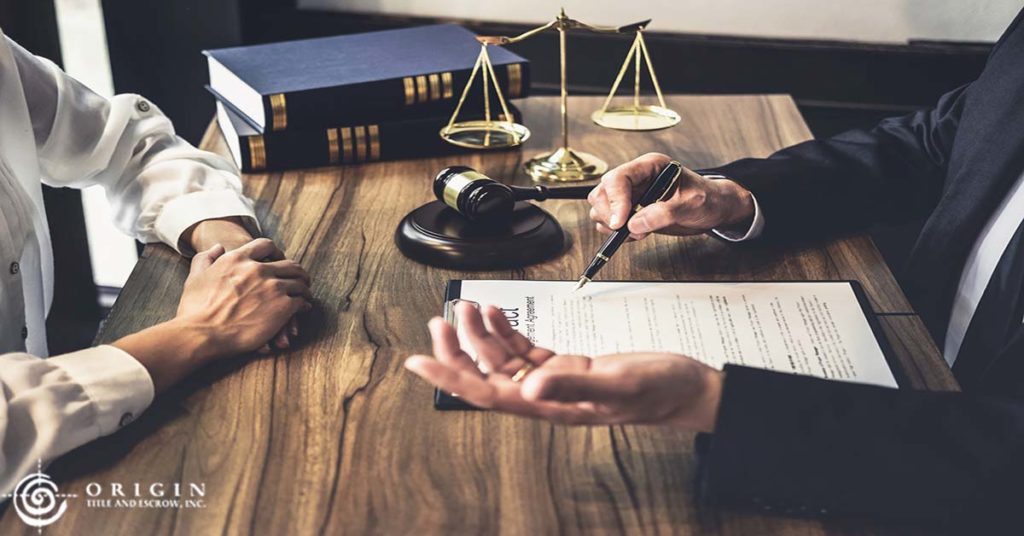Buyer Beware
Are Title Monitoring Services Worth It?
Deeds often get filed without the benefit of a title search or a real estate attorney, such as a quit claim that shares or gifts all of the property to a trusted friend or family member.
Thieves can take advantage of this to forge the owner’s name on a deed, gifting the property to themselves, and then filing it with the county. Then they take out a loan to drain the equity, or perhaps sell the property.
The county clerk is not expected to verify the authenticity of these deed filings. The property owner won’t learn about it until the loan has defaulted, the money is gone, and their home is being foreclosed upon, or the sheriff is telling them to move out because there are new owners.
The easiest targets are homes belonging to the elderly because they usually have a lot of equity in their home. Another easy target is investment property that may not be closely watched, especially if it is vacant land, or no one is living there.
All the information a scammer needs is right there on the internet – the tax assessors list the names of the owners and real estate deed records are public records for anyone to search.
Home title monitoring companies also use the internet to check for unauthorized activity regarding your title. Understand that they don’t check for identity theft, only deed action. They will send an alert if they spot any activity with the deed.
Protecting Yourself from Wire Fraud
Wire fraud is an increasing problem when it comes to real estate transactions. Cyber criminals are experts at hacking email accounts and sending emails with fake wiring instructions. These emails can be convincing and sophisticated. Once funds are wired to a fraudulent account, the money is gone and there is no recourse unless something is done immediately.
You should never send personal information, such as financial information, via email (that is not encrypted) or any other unsecured electronic communication. Different e-mail provides have different security protocols. A popular e-mail security protocol is Transport Layer Security (TLS), which encrypts e-mail. If both sender and receiver use TLS, then the e-mail is encrypted. Ecrypted e-mails do not always require a log-in and password.
It’s also important to always confirm wiring instructions with your real estate agent in person or by phone using a recognized phone number that is not found in the potentially fraudulent email. Origin Title works closely with agents to correctly clarify wiring instructions and any other potential issues that could arise.
If you think you’ve been targeted in a wire fraud scam, notify law enforcement, your lender, the title company and your agent as soon as possible.
Wire Transfer Warning
The average home buyer or seller likely does not know about scams in the real estate world. The most common scam in real estate is wire fraud during closing. On instances of wire fraud i poses as an agent in order to divert closing funds to a fraudulent account. The Buyer would receive an e-mail from the fraudster claiming to provide the closing attorney’s wire instructions. The wire instructions are to the criminal’s account and the closing attorney never receives the buyer’s funds. Surprisingly, these scams are very common. Communication from a hacker can look authentic and even contain personal information.
Once a wire transfer is initiated, itis very difficult to cancel and get your money back. Wire fraud will not only delay the closing, but can force you to lose all of your closing costs.
Origin Title and Escrow is on your side to protect you from scams like this one. We send most all emails with encryption, protecting the content from being read by another other than the intended recipient.
Refinancing and Intangible Tax
Most people buy a house two or three times in their lifetime, and perhaps refinance another couple of times. When refinancing, you may have the best loan in the world, but if it’s not closed or reviewed properly, you could lose hundreds or thousands of dollars.
One area where borrowers can lose money is with intangible tax. Borrowers are often surprised when refinancing that they are charged intangible taxes again! The State of Georgia charges $1.50 for every $500 of the loan amount. But there is a way that can save you hundreds. If your previous loan has not been sold, you can refinance with the same lender and only pay the intangible tax on the difference between the current principal balance of your loan and the new loan amount. This is a small detail that could be missed, but it is one of many things on the Origin Title checklist, to be sure the borrower receives every available advantage.
Choose a reputable and detailed closing attorney when refinancing to make sure you get every discount possible.
Property Records Are Public in Georgia
In Georgia, all property records are public. Deeds, liens, mortgages and tax information are available to anyone who wants to pull them. With records being public, purchasers will know they are getting full ownership of the purchased property, and public records also let potential buyers know any restrictions that might be on the land.
But we must be reminded that the county clerks do not review documents to make sure they are valid or legal. Clerks simply record anything that has a notary and a witness. It is the attorney’s job to review those documents to make sure they are legal and binding.
There are plenty of fraudulent deeds and liens on record, so having title insurance is your best protection against issues that can remain concealed even after a thorough public record search.
Buying real estate that is in bankruptcy
Homes purchased that are part of a bankruptcy can present unique challenges. There are also different types of bankruptcy which can make the transaction even more complex.
Under Chapters 7 and 11, the trustee is the appointed seller of the home. In most other cases, the owner is the proper seller. In either case, a court order authorizing the sale is typically required. When a home is part of a bankruptcy, it is likely to have other liens and debts attached to it. Did you know that eliminating a debt does not eliminate a lien? Once there’s a lien on the property, the lien must be removed in addition to any debt being eliminated.
When the property’s trustee accepts an offer, all of the lienholders will be notified and they will be given a chance to review the offer. You can see that there are major challenges that come along with buying real estate in bankruptcy. It’s important to know that title insurance can help to avoid a huge headache by checking the liens and insuring that, as a purchaser, you will not be stuck paying for a property that has several liens on it.
Like it or not, real estate transactions are public record
When a person buys a house or refinances real estate, the warranty deed and mortgage are filed at the courthouse and become public record. Anyone can look up a deed or mortgage to find out how much their neighbor borrowed against their house, and even for how much it was purchased. These public records are the reason people get swamped with junk mail when they refinance or purchase a home.
Have you ever bought something and then found the same item much cheaper soon after? When buying a home, DO NOT pay any company $89 to get a certified copy of your deed. This is a scam that fools people into paying for something they don’t need. You will receive the original deed at no extra cost. In Georgia, if there comes a time when you need a certified copy, you can get it at the courthouse for $2.50.
What rights do homeowners have to the alleyways behind their house?
Alleys are found mostly in the City of Atlanta and in older neighborhoods. In the 1980’s, the city of Atlanta decided that was too costly to maintain those alleys. They officially abandoned all alleyways, except for a few specific ones which have been historically maintained. This means that the other rights-of-way were still there, but no one maintained them. Each homeowner gained ownership of half of the alleyway, but subject to an easement right for each homeowner adjacentto the alleyway.
The alleyways can still be utilized, as long as they are in usable condition. How long does it take for that pot hole to get fixed in front of your house? If it’s in the alleyway, it’s never going to get fixed unless the owners do it themselves.
Making a Closing a Pleasant Experience
Spring is right around the corner, which means it is home buying time! New real estate agents come into the market frequently with dreams of working just a few hours a week while earning $100K a year. We all know that’s unrealistic. It takes years to build up a client base, and clients only come back when they had a great experience the first time around.
Delayed closings and extended wait times can really change how a client feels about their experience. Origin Title & Escrow doesn’t waste people’s time because we don’t overbook closings. Our attorneys have the title information on hand at closing and can easily answer any questions that should arise.
Buyers always remember the day they got the keys to their new home, ensure it’s a pleasant experience by using Origin Title & Escrow.
Importance of a Buyer’s Closing Attorney
Buying a home is, perhaps, the largest and most significant investment of your life. It also involves a unique set of property laws that can raise unexpected issues at closing. That’s why a buyer usually selects the attorney to handle the transaction.
We have a client who is an investor that fixes up and sells old homes. He didn’t quite trust the seller’s closing attorney, so he brought Origin Title on to review the title. As it turned out, the seller only got a deed from one heir while there were two more individuals with an interest in the property. Even with title insurance, cleaning up the title would take valuable time and lower the value of the investment. It’s not always about title insurance, but about seeing the potential problems before buying a property.
A buyer’s attorney serves to make sure the buyer’s interests are protected. The buyer normally choses the closing attorney, especially in a cash-purchase where the closing attorney represents the buyer. It is important for cash-purchasers and investors to have an attorney look at title and closing documents on their behalf before closing, even when the seller insists on using their closing attorney. Origin Title and Escrow can help avoid drawn-out and expensive title issues for their clients.










